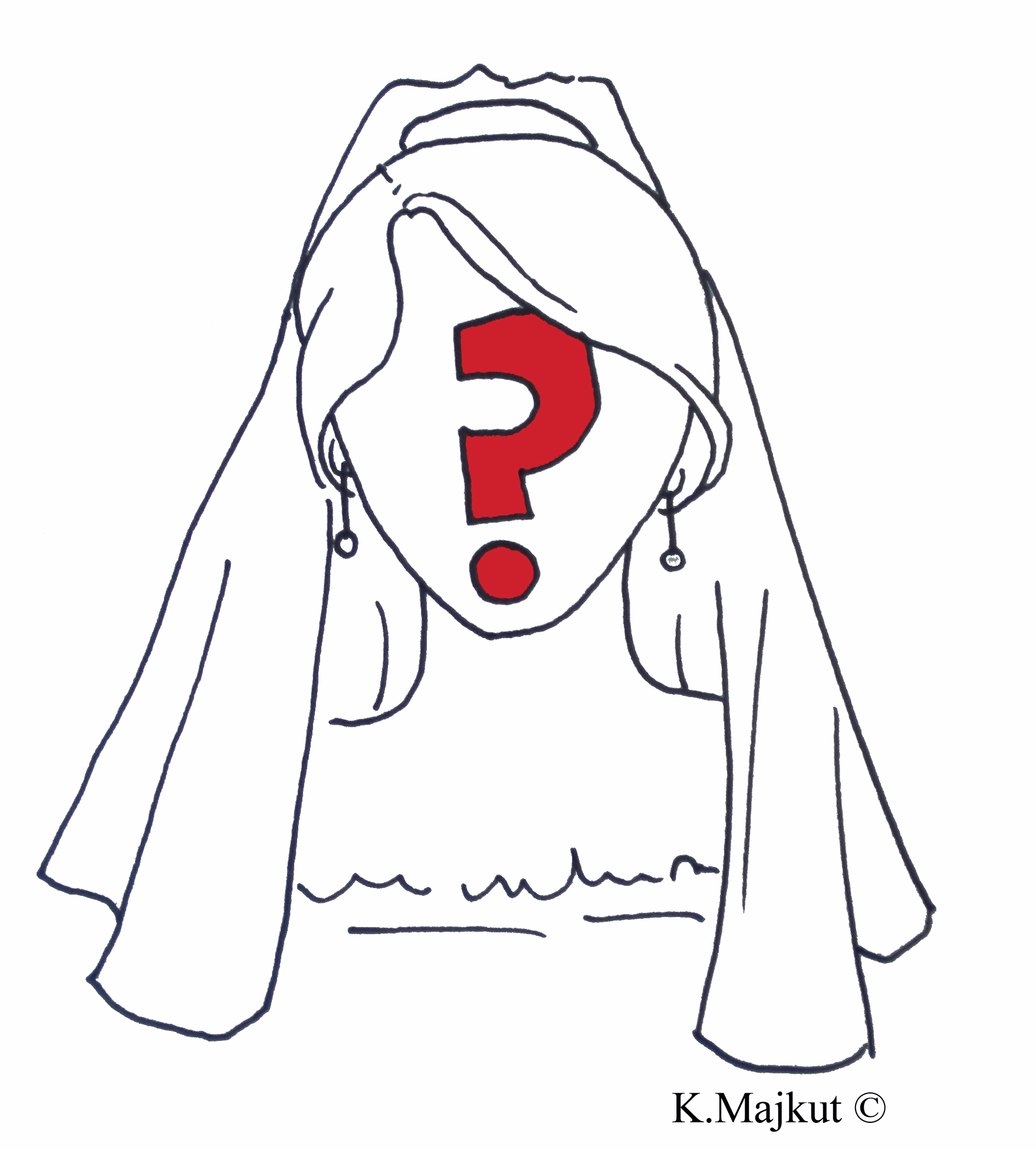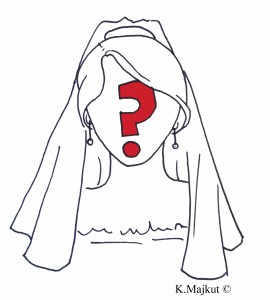

There’s no “Me” in Bride
Some people use their astrological signs to describe their personality – preordained by time and chance according to the alignment of the stars. Some attribute their character based on their parents or environment; access to money or lack thereof. There are many internal and external factors that help create you, and it’s nice to think that identity, to some extent, is something we can choose. After a short lifetime of making those critical choices or being products of our genetics or childhood, when it’s time to ring the wedding bells do we still have that personal choice to choose “who am I – as a bride?”
based on their parents or environment; access to money or lack thereof. There are many internal and external factors that help create you, and it’s nice to think that identity, to some extent, is something we can choose. After a short lifetime of making those critical choices or being products of our genetics or childhood, when it’s time to ring the wedding bells do we still have that personal choice to choose “who am I – as a bride?”
As a new bride, I was constantly asked point-blank, “What type of bride do you want to be?” Call it simpleminded, but I was planning on just being me. What added to my amazement was that this appeared to be an inadequate response. Perhaps damsel in distress or bridezilla are more status quo, but to beef up my answer with femme fatale left me with even more disconcerting and disapproving looks. What’s worse is that women are expected to immediately reconsider their personal identity; for example, a woman may have been called “Katie Smith” her whole life, but as a wife her new identity will be as, Mrs. Bob Keller. The concept of “me,” I was told repeatedly, was something I would have to eventually part ways with like an ex-boyfriend or former lover who also would not be invited to the wedding. If our natural inclination to be ourselves is rejected by our peers, is our only choice to become the visions of others?
To my dismay, my friends ‘jokingly’ predetermined my bridal-character, condemning me to disapproving and unjustified behavior. Today’s generation loves entertainment and Hollywood, and television has become our new educational source on how to act as a bride. Wedding reality shows and movies have set standards based on extreme-consumerism, eccentricities, bad behavior and high entertainment; shows and movies like Platinum Weddings, Celebrity Weddings, Bridezillas, Bride Wars and 27 Dresses. In real life, Brides now have the societal pressure to compete with their Technicolor peers – get that designer dress, binge on that bling, and throw a tantrum or teary tirade two days before the wedding and blame it on stress or the dress or the mother-in-law to be. Even magazines and books offer multiple-choice quizzes to help brides discover their bridal-identity. We forget that as individuals we already have all the answers we need and are strong enough to uphold our values, but society implies that with change we should start from scratch and rediscover ourselves. So as a result, not only do we condone bad or outlandish bridal behavior, we expect it.
Marriage is about the union between two people, but a wedding is a communal experience shared by friends and family. Old brides, new brides, bridesmaids, singles (and I’m sure an old maid somewhere screaming “don’t do it!”) will all clamor to give their advice, ideas and expectations on how to be a bride or conduct a wedding. It is a common occurrence to hear someone, who is neither the bride nor groom, describe the weddings as “their day.” In old school tradition, it was the parents who called the shots. At first, I assumed this rule was tied exclusively to the checkbook, but as it happens, it’s not. It appears that parents dream just as much about their daughter’s (or son’s) wedding. (Remember that thing called a dowry? While it sounds outdated, it’s quite possible that your parents have been saving for your wedding already. It’s just now called a long term CD or savings fund.) And those parents who don’t have a blank check to offer might insist that on you wearing that hand-me-down antiquated wedding dress as a thoughtful “something old.” So funded or not, there are traditions and ideas your parents are firmly attached too, but wedding protocol has drastically changed since the day they said, “I do.” As a betrothed, walk the fine line between honoring hand-me-down traditions and honoring yourself; but when values don’t align patience and communication can go a long way.
Customs, especially wedding traditions, are expected to be respected, upheld and practiced, but in doing so we may accidentally overlook the fact that they may be obsolete or old fashioned. The consequent danger is that the traditions might overpower or mask a more modern identity in a bride or groom. Furthermore, the opinion of family, friends or guests, however well intentioned, is often unsolicited. And this advice can easily overstep boundaries. It is no wonder that women struggle with finding a bridal identity that pleases not only themselves, but also everyone else around them. The real issue is that tradition, consumerism and media has created a false impression of what a model bride should be. We all try to fit into this model form, but fail to do so. If we succeeded, then weddings would be considered stress-free events. What we need to realize is that a bridal identity is no different than a day-to-day one. Security in the self will help navigate the complicated waters of wedding planning, merry-making and opinionated peers. Also, respect and communications are invaluable skills in managing the expectations and opinions of others. If you find and utilize those three qualities, the “Me” in Bride is not hard to find and honor.
